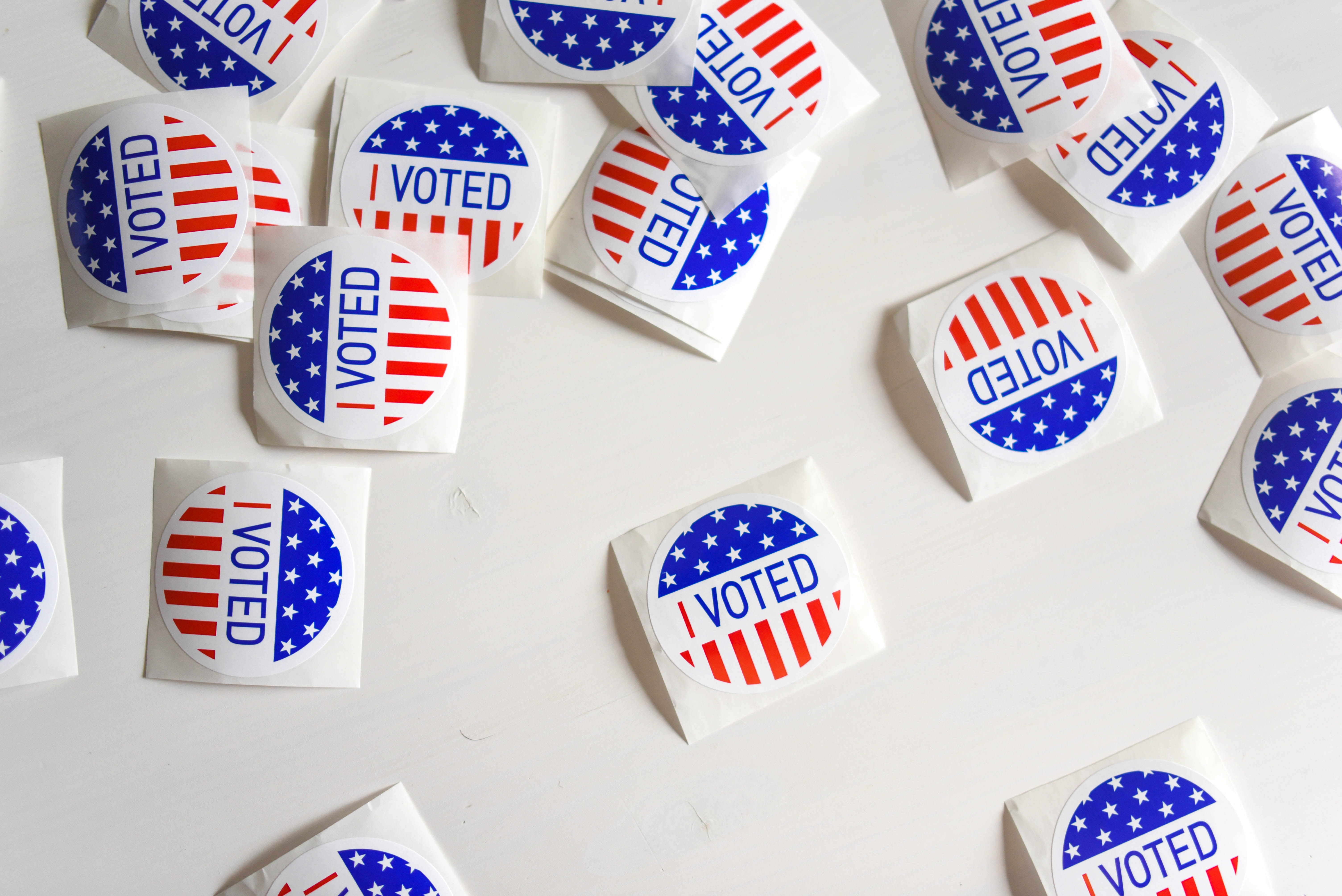A total of 470 seats in the U.S. Congress (35 Senate seats and all 435 House seats) were up for election on November 3, 2020, including two special elections for U.S. Senate. Below are recent developments in four battleground races—one for U.S. Senate and three for the U.S. House.
U.S. Senate special election in Arizona: The state of Arizona certified Mark Kelly’s (D) win over Sen. Martha McSally (R) on Nov. 30. Because this is a special election, the winner may be sworn in once the state certifies results. Kelly’s campaign announced that his swearing-in would take place at noon on December 2nd. He will fill the rest of the 2017-2022 term former Sen. John McCain (R) won in 2016.
California’s 21st Congressional District: On Nov. 27, the Associated Press projected that David Valadao (R) defeated incumbent TJ Cox (D). Unofficial results showed Valadao ahead by 1,754 votes. Valadao declared victory in the race on November 25, while Cox had not conceded as of November 30. The legal deadline for results certification in the district is December 3rd.
Iowa’s 2nd Congressional District: On Nov. 28, Iowa completed a recount in the race between Rita Hart (D) and Mariannette Miller-Meeks (R). Hart requested a full recount on Nov. 13 when unofficial results showed Miller-Meeks leading by 47 votes. Following the recount, Miller-Meeks reportedly led by six votes out of more than 394,400 cast, making it the closest congressional race in the district since at least 1920. A state canvassing board was set to meet on Nov. 30 to certify the results.
New York’s 22nd Congressional District: The result in the race between incumbent Anthony Brindisi (D) and Claudia Tenney remains too close to call. Brindisi held an apparent 12-vote lead before the Thanksgiving holiday. On Nov. 30, Tenney’s campaign said correction of an error in Herkimer County gave her a 13-vote lead. There are more than 2,000 outstanding disputed absentee or affidavit ballots, and the state Supreme Court is expected to rule on their fate.
Additional reading:


